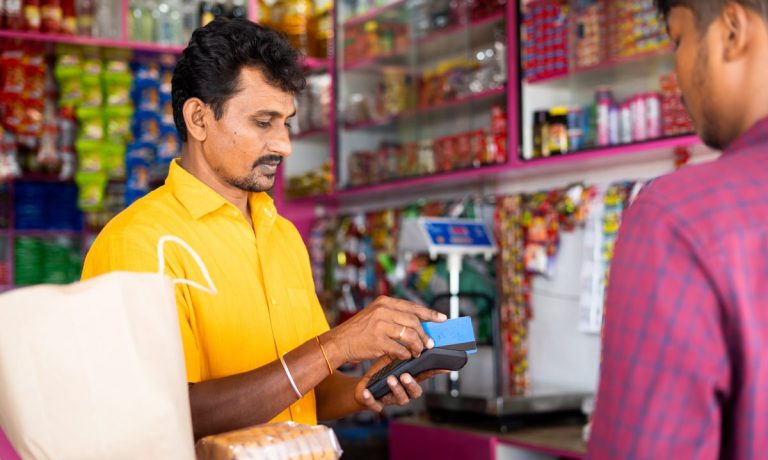FinTechs Ask Indian Central Bank For More Time to Adopt Payments Rule

Representatives from the FinTech industry are asking India’s central bank for more time to adhere to its new prepaid payment instruments (PPI) rule.
The Reserve Bank of India on Tuesday (June 21) announced that non-bank issuers of PPIs cannot load cards and digital wallets with funds through credit lines.
“The PPI- master direction does not permit loading of PPIs from credit lines,” the RBI said in a message to issuers. “Such practice, if followed, should be stopped immediately. Any non-compliance in this regard may attract penal action under provisions contained in the Payment and Settlement Systems Act, 2007.”
Read more: RBI to FinTechs: Non-Banks Can’t Reload Funds to Prepaid Wallets, Cards
According to an Inc42 report Thursday (June 24), the rule change has left a number of FinTechs unsure about how to proceed. These FinTechs met recently with the RBI to seek an extra six months to comply. Among the FinTech associations asking for the extension were the Payments Council of India (PCI), the Internet and Mobile Association of India (IAMAI) and the FinTech Association for Consumer Empowerment (FACE), the report said.
As PYMNTS noted earlier this week, India has more than 35 non-bank PPI issuers, including Amazon Pay, Bajaj Finance, Ola Financial Services, Jupiter, slice, LazyPay, Fi, Bajaj Finance, PayU Payments and Phone Pe.
The RBI’s rule affects FinTech firms that offer lines of credit to their digital wallet customers, as well as companies that offer prepaid cards in conjunction with a bank or a non-banking partner.
Companies in India’s non-bank PPI sector offer a variety of services. Jupiter, for example, lets customers load their credit line in a wallet, while slice offers credit through prepaid co-branded cards issued in partnership with banks.
The Inc42 report also noted that the impact of the new rule is already being felt, with companies such as Jupiter, EarlySalary and KreditBee pausing customer transactions on prepaid cards to prevent their partners from being penalized by the RBI.